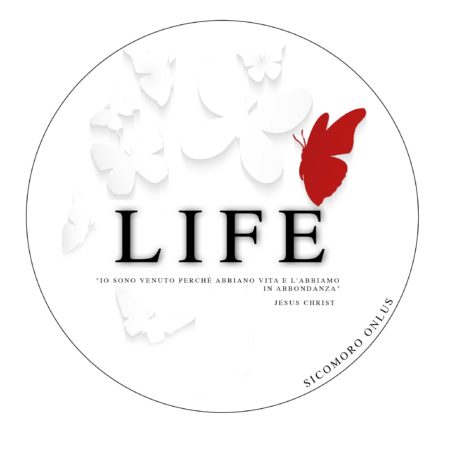The ex-partner is not liked, they’re not a threat to the new love interest, not a problem
Maggie Owens*, a Sydney high-school principal, also remembers the feeling of coming in as “the new wife” when there has been a long, happy marriage beforehand. Now 67, she was 58 when she met her current husband. She had been divorced and a single mother for many years but he had only been widowed six months or so.
“In those early days, I often had a strong sense that in his mind I was a replacement,” Owens says. “There’s a real difference between getting together later in life when you’re divorced and getting together when one of the partners has died. When you’re divorced, especially if you’re miserably divorced, then that’s fabulous. When someone has died, on the other hand, they assume saint-like qualities regardless of how they really were.
Love grows but the tender union is torn apart when their grown-up children step in, disapproving and suspicious
“It’s hard not to feel you’re being compared. The first time we went to a big public gathering with his friends and family, this woman raced up to me and said, ‘Oh, Maggie, everyone in the room is looking at you. Absolutely everyone!’ People kept calling me by her name, or saying things like, ‘Penny would have loved you.’ I tried to be very gracious about it but after a while I felt less gracious.”
Jane Fonda and Robert Redford played two older people finding love in the 2017 film Our Souls at Night
Looking back, Owens can also see she was clumsy in her entry into the larger family, not fully appreciating that her new partner’s adult sons were, naturally, grieving the loss of their mother. “When you’re in the first flush of that romance, getting to know someone, you’re not completely sensitive to the needs of others around you. When I look back, there are things I shouldn’t have done, family functions I shouldn’t have attended, but I wasn’t thinking about that then.”

